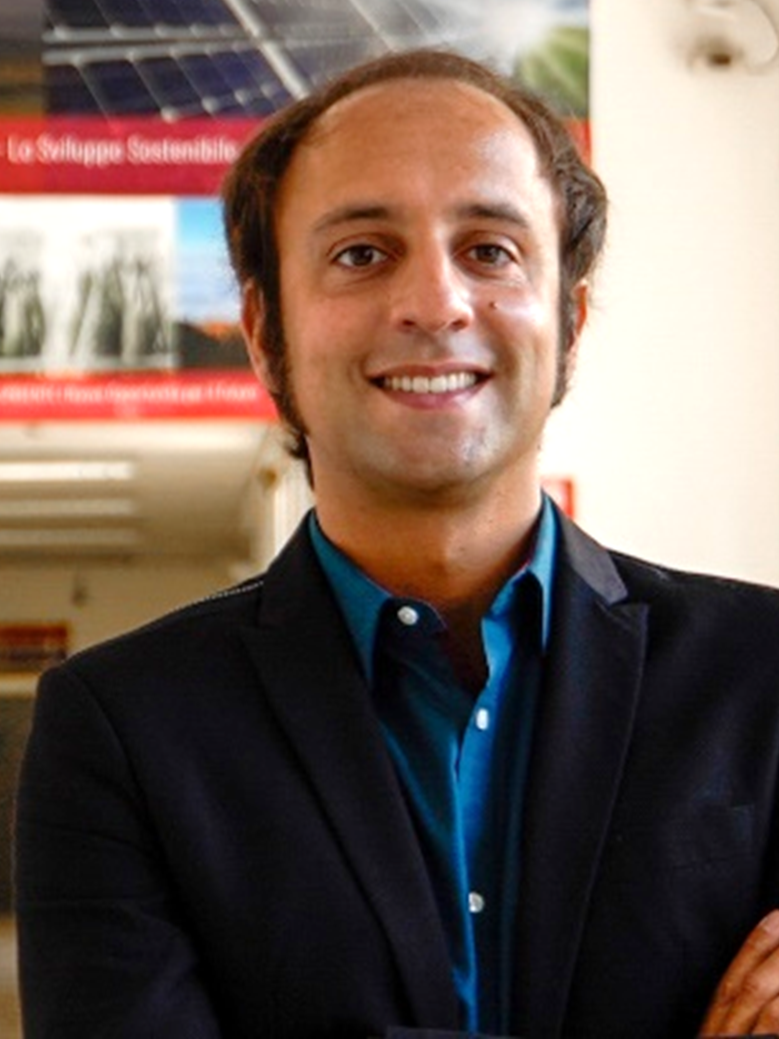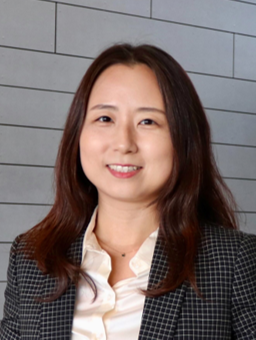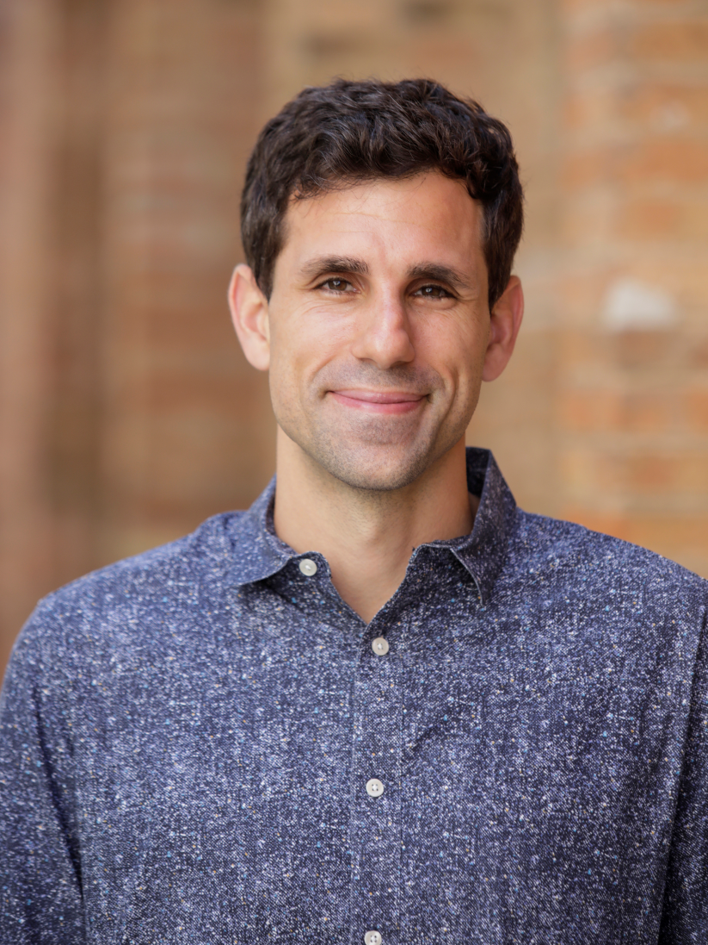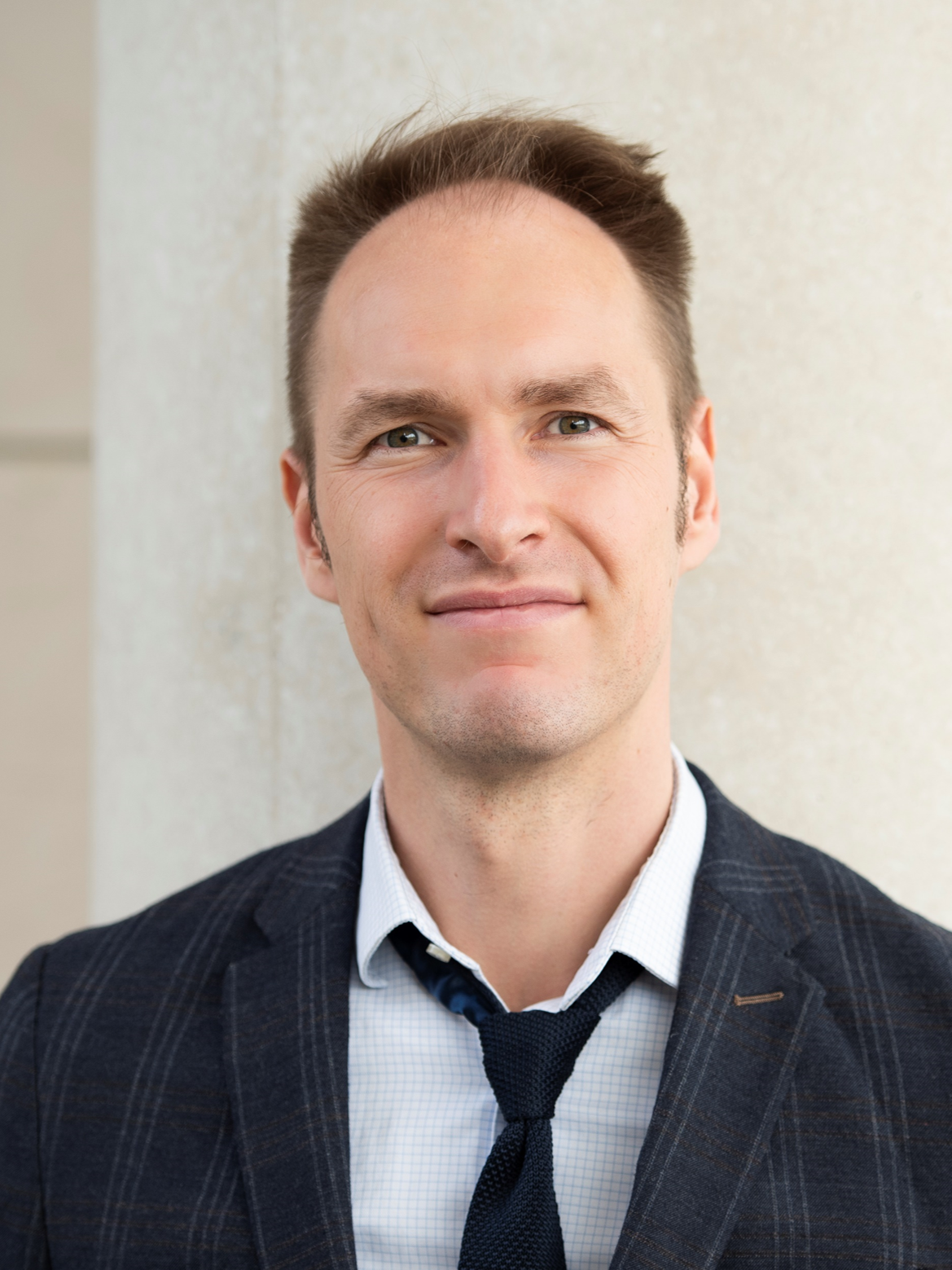This lectureship award was established in 2013 in order to recognise emerging scientists in the early stages of their careers and to raise the profile of the chemical sciences to the wider scientific community and the general public. The award is presented annually and the winners will:
- be invited to speak at one or more high-profile international conferences or events organised by the journal
- be chosen by the judging panel (the ChemComm Editorial Board)
Nominees should be an independent early career scientist, having received their Ph.D. typically within 10 years of the award year. Please see below for eligibilty details regarding career breaks.
This prize is open to nominees globally.
Our 2024 award winners
Federico Bella
Federico Bella is Full Professor of Chemistry at Politecnico di Torino, Italy. His main scientific activity covers post-lithium batteries and electrochemical ammonia production, through sustainable chemistry-oriented and multivariate approaches. He is coordinating an ERC Starting Grant project (SuN2rise), with an overall fund of 1.5 M euros, and has recently launched the first Italian research laboratory on potassium-based batteries.
You can learn more about Federico’s group and his research on .

Grace Han
Grace Han received her PhD in 2015 at MIT, where she worked with Professor Timothy Swager on the development of organic materials for photovoltaics. She then joined the Department of Materials Science and Engineering at MIT as a postdoctoral associate with Professor Jeffrey Grossman. She is currently an Associate Professor of Chemistry at Brandeis University, and her group’s research focuses on the discovery of molecular photoswitches and photochemistry for applications including the solar energy conversion and storage, optically-controlled catalyst recycling, and light-induced phase transitions.
Find more info about Grace and her group on Twitter .
As part of the Lectureship award, both Federico and Grace will be presenting lectures at selected conferences over the coming 12 months. Details of the lectures will be announced in due course but keep an eye on Twitter for details!

ChemComm Emerging Investigator Highly Commended Nominations
Due to the extremely high standard of nominations again this year, the ChemComm Editorial Board has opted to select some Highly Commended candidates. They have been highlighted as performing exceptional science and deserving of recognition in the community.

University College London, UK

University of Pennsylvania, USA

University of Bonn, Germany
See all our previous winners
Guidelines for nominators and candidates
Find out who is eligible for this award, about the nomination process, and see who is on the selection panel.
Nominations of candidates are invited from our community. We believe we have a responsibility to promote inclusivity and accessibility to improve diversity. Where possible, we encourage each nominator to consider nominating candidates of all genders, races, and backgrounds.
This prize is open to nominees globally.
Eligibility
- Nominees may not nominate themselves
- During the nomination and judging period, members of the ChemComm Editorial Board are not eligible to nominate or be nominated
- Candidates should be an independent early career scientist, having received their Ph.D. typically within 10 years of the award year
- Independence is defined as experience gained as part of a scientific career excluding time spent in full-time education, as a postgraduate student, or as a post-doctoral researcher
- Nominators will be asked to provide details of the nominee's professional experience, in relation to the criteria
- Career breaks will be recognised, and nominations are encouraged for those whose career has spanned a break due to caring responsibilities or personal circumstances e.g., a period of parental/adoption leave, family commitments, or illness
- Mid-career researchers (Ph.D. award within 10–15 years of the award year) may be nominated for the ChemSocRev Pioneering Lectureship
To make a nomination, please provide the following information.
- Your name and email address
- Your nominee's name, email address and affiliation
- An up to date CV for the nominee (no longer than one A4 side, 11pt text), which should include a summary of their education and career
- Details (title, publication year, DOI/reference no., abstract) of up to 5 relevant publications/patents where the nominee is the Lead and/or Corresponding author
- These details should not be included on the nominee's CV, but provided in a separate document. At the initial stage of judging, the Judging Panel will not have access to information on journals in which articles are published. This is to help encourage nominations for a diverse range of nominees, and to enable the Judging Panel to focus on the scientific content of papers, as described in the supporting statement, without the influence of publication metrics
- A supporting letter from the nominator, including:
- A statement (up to 750 words) addressing the nominee’s fulfilment of the selection criteria. As committee members will carry out their initial assessments without full details of relevant publications, please ensure this supporting statement clearly sets out how the scientific content of supporting publications addresses the selection criteria
- A statement (up to 100 words) describing how the nominee has contributed more broadly to the scientific community, should also be included. A list of possible examples is outlined under "Assessment process and selection panel"
- One supporting letter of recommendation from an independent referee
- The referee can be the nominee's post-doc or PhD supervisor, line manager, project manager or mentor
- References should be a maximum of 750 words. Referees should state their relationship (if any) with the nominee and note any conflicts of interest
- Nominations lacking any of the required documents will not proceed to judging
We reserve the right to rescind any prize if there are reasonable grounds to do so. All nominators will be asked to confirm that, to the best of their knowledge, their nominee's professional standing is such that there is no confirmed or potential impediment to them receiving this prize. All winners will be asked to sign our Code of Conduct Declaration for Recognition.
Assessment process
Consideration is given to all information provided in the nomination documents.
Our judging panel bases their evaluations primarily on the overall quality of relevant contributions made by nominees and not on quantitative measures. The scientific content of any supporting publications, as described in the supporting statement, is much more important than publication metrics or the identity of the journal in which it is published.
The judging panel will consider the following aspects of nominations for this prize:
- originality of research
- impact of research
- quality of publications and/or patents and/or software
- innovation
- professional standing
- independence
- collaborations and teamwork
- other indicators of esteem indicated by the nominator/referee
In an instance where multiple nominees are judged equally meritorious in relation to the above criteria, judging panels have the flexibility to use the information provided by the nominator on the nominee’s broader contribution to the chemistry community as an additional criterion.
Examples of relevant contributions could include, but are not limited to:
- teaching/demonstrating
- effective mentorship
- leadership in the scientific community
- peer-reviewer
- promotion of diversity and inclusion
- advocacy for chemistry
- public engagement and outreach
- presenting/communication skills
Please note that the following will not be considered by the judging panel:
- Nominee’s previous nomination history
- Nominee’s previous award history
- The reputation, seniority, or prominence of the nominators/referees themselves
- Quantitative measures, i.e., publication metrics or the identity of the journal in which work is published
- Nominee involvement with Â鶹AV member groups/networks, service on Â鶹AV boards, or activities as a Â鶹AV peer-reviewer
Where multiple nominees are still judged equally meritorious in relation to the above criteria, the judging panel can appoint multiple winners who would share the honorarium.
Judging panel
- The editorial team will screen nominations for eligibility and draw up a longlist of candidates based on the nomination documents provided
- Winner(s) will be selected by the ChemComm Editorial Board
Previous winners
Current winners:
2022/23 -
2021 -
2020 -
2019 -
2018 -
2017 -
See all our lectureships
Contact the ChemComm editorial team
- Email:
- the team

